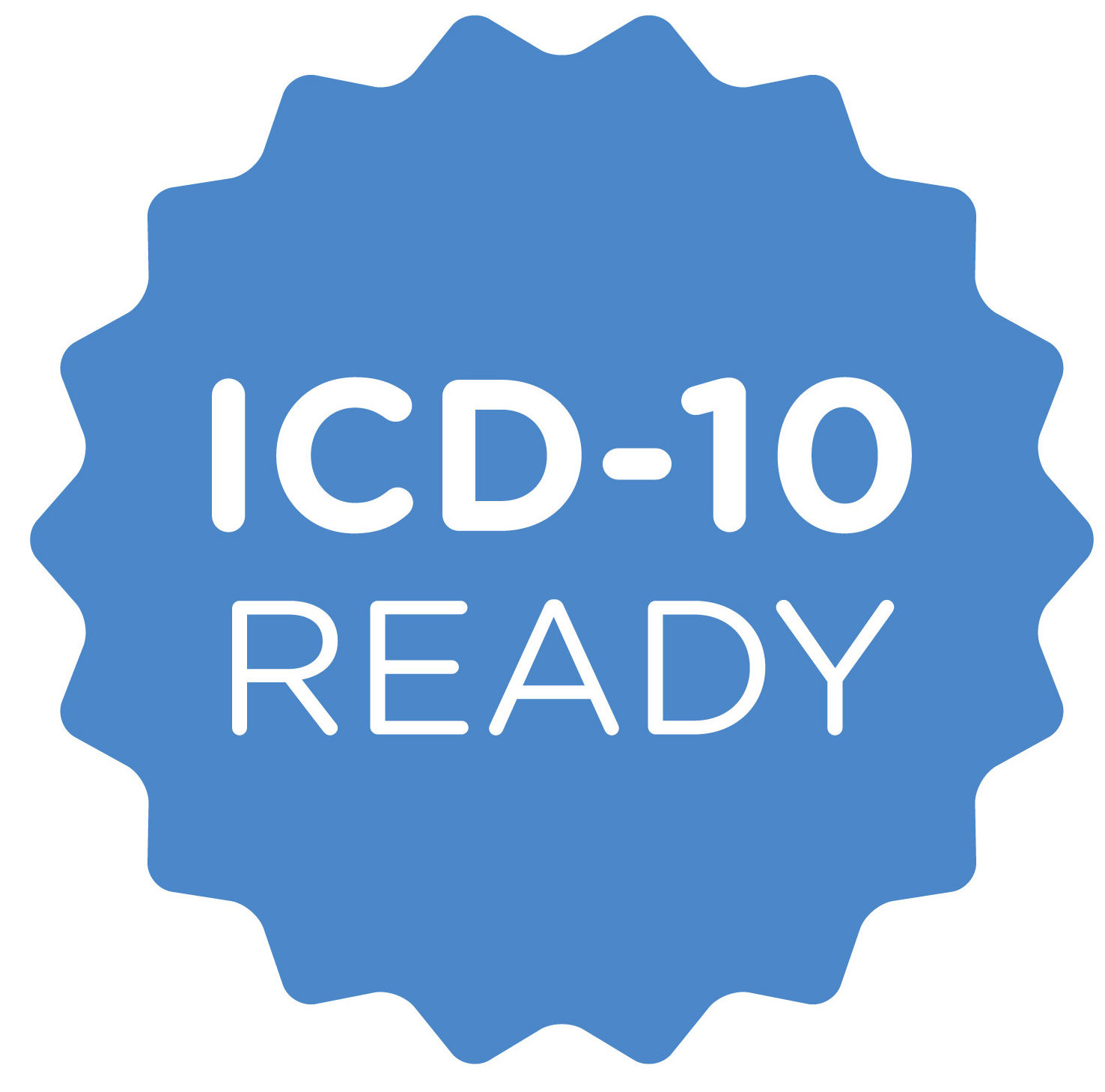
Employers will soon have to adopt a new system for coding and reporting workplace injuries and illnesses that could help them improve their claims reimbursement rates. Effective Oct. 1, 2015, all entities covered under the Health Insurance Portability and Accountability Act (HIPAA) will be required to use the International Classification of Diseases, Modification, and Procedural Coding Systems (ICD-10) to report injuries and illnesses to the Centers for Medicare & Medicaid Services (CMS). CMS has directed that responsible reporting entities—including workers’ compensation insurers and claims administrators—also need to adopt ICD-10. Employers need to understand how ICD-10 affects them and how they can ensure that their claims administrators and reporting agents comply with the new rule.
ICD-10 versus ICD-9
Currently, non-group health plans are required to use ICD-9 codes to report workers’ compensation-related injuries to CMS, which has become an outdated method of classifying injuries and illnesses. Because new injuries and illnesses cannot be added to the system, CMS often has insufficient information about the specific nature of injuries and illnesses. This has contributed to a reduction in reimbursement to workers’ compensation payers over the last several years.
The passage of HIPAA in 1996 mandated the adoption of a new, universal standard for diagnosis coding. Although the deadline has twice been extended, there has been no indication from Congress, the U.S. Department of Health and Human Services, or CMS that the Oct. 1, 2015, deadline will be extended again.
Improvement for employers
ICD-10 allows for greater specificity of diagnoses because the codes have five to seven characters, compared to the three to five characters used in ICD-9. Once adopted, hospitals and other providers will be able to provide more detailed descriptions of patient conditions in medical records and other documentation. Most notable is the introduction in ICD-10 of laterality—for example, whether an injury is to the patient’s left or right arm, leg, or another body part.
The additional information that can be conveyed via ICD-10 codes can affect the delivery of utilization management services, including pre-certification and nurse case management. For employers and their claims administrators, these improvements should translate into better quality measurement, better reporting and injury tracking capabilities, and greater accuracy for reimbursement.

(Photo: Shutterstock/Martial Red)
Managing the transition
HIPAA only applies to certain covered entities, such as health care providers, health insurance plans, and entities that process or serve as “clearinghouses” for health care information. But in January 2015, CMS issued a technical alert noting that workers’ compensation payers and other responsible reporting entities must use ICD-10 for all claims with a date of injury on or after Oct. 1, 2015. Claims with a date of injury before Oct. 1 can be reported using either ICD-9 or ICD-10, but the two codes cannot be mixed for any single claim.
For many organizations, converting all pre-Oct. 1, 2015, claims to ICD-10 may be costly and time-consuming. But for high-dollar-value claims or high-profile claims that an employer expects it will need to manage for some time into the future, it could be beneficial to consistently use ICD-10. Ultimately, it may boil down to case-by-case decisions. However, it is important to establish and maintain a consistent method to report claims.
For claims for injuries on or after Oct. 1, 2015, employers should ensure that their software and technology allows for the coding of ICD-10.
To achieve the proper management of both types of claims, it’s important to:
- Ensure that reporting agents are ready for the transition to ICD-10, working with CMS to test their systems for ICD-10 compliance before Oct. 1, 2015.
- Train claims adjusters and others on how to apply new ICD-10 codes.
- Have accessible, easy-to-use tools to look up ICD-10 codes and convert codes from ICD-9 to ICD-10.
- Make sure the bill-review agent has processes in place that share injury code data with the employer’s CMS data reporting system in order to eliminate any discrepancies between ICD-9 and ICD-10 codes being populated for any pre-Oct. 1, 2015, claims. Contact us for all your Insurance needs! (321)725-1620 Bob Lancaster InsuranceServing Florida since 1964

No comments:
Post a Comment